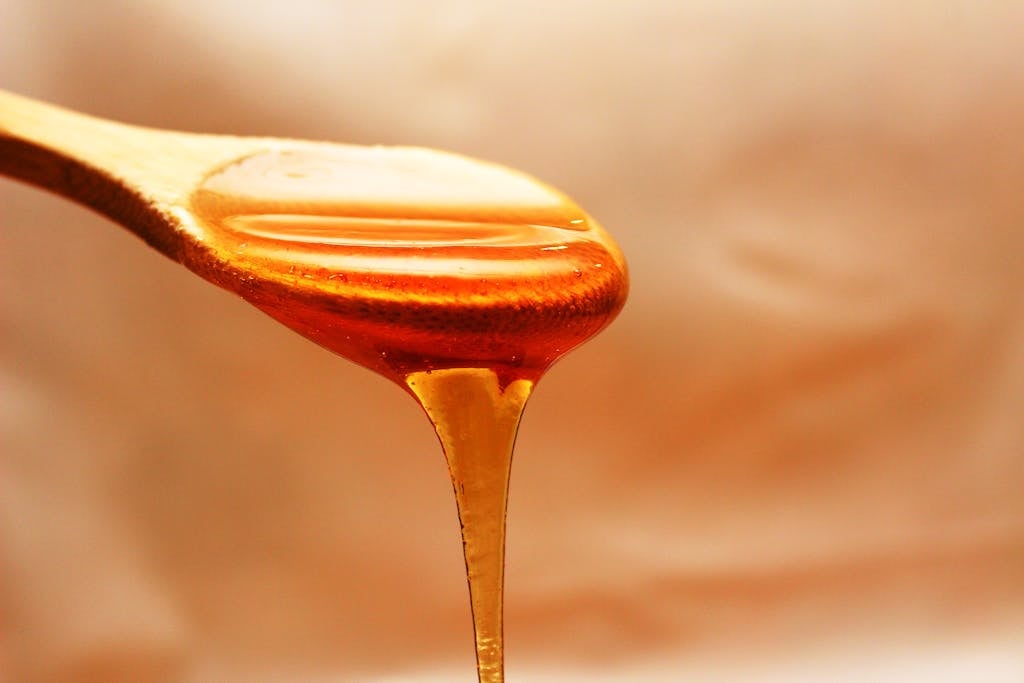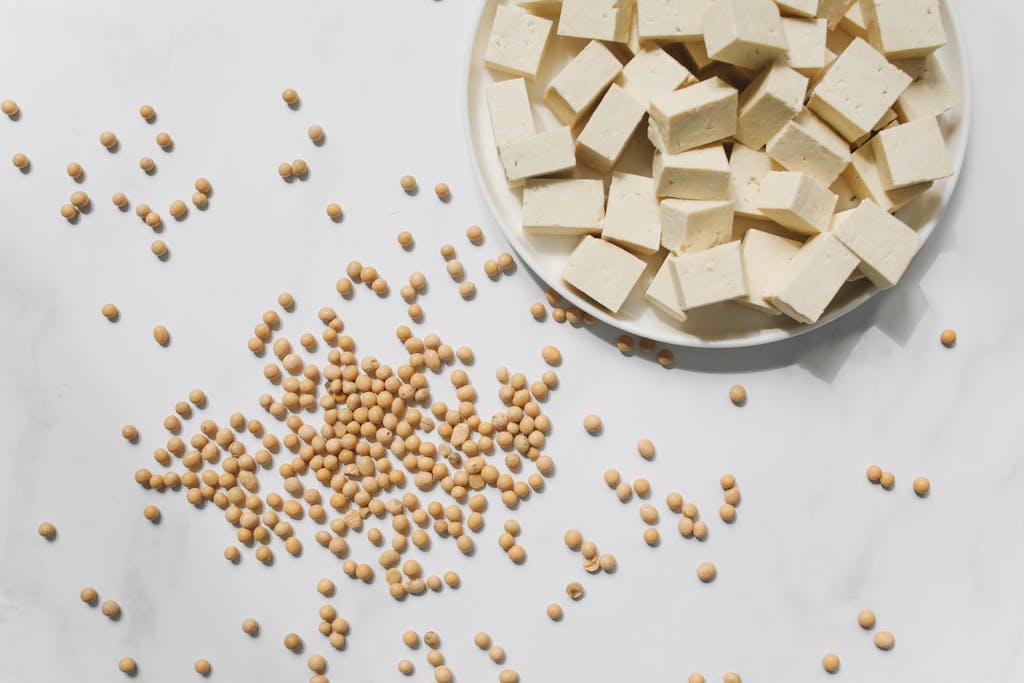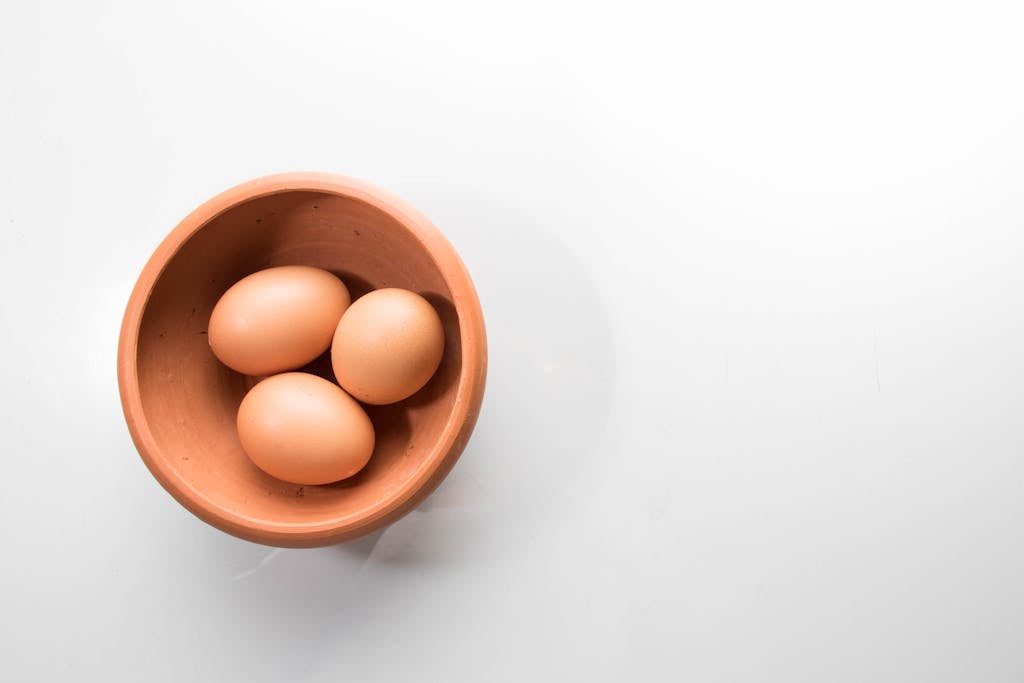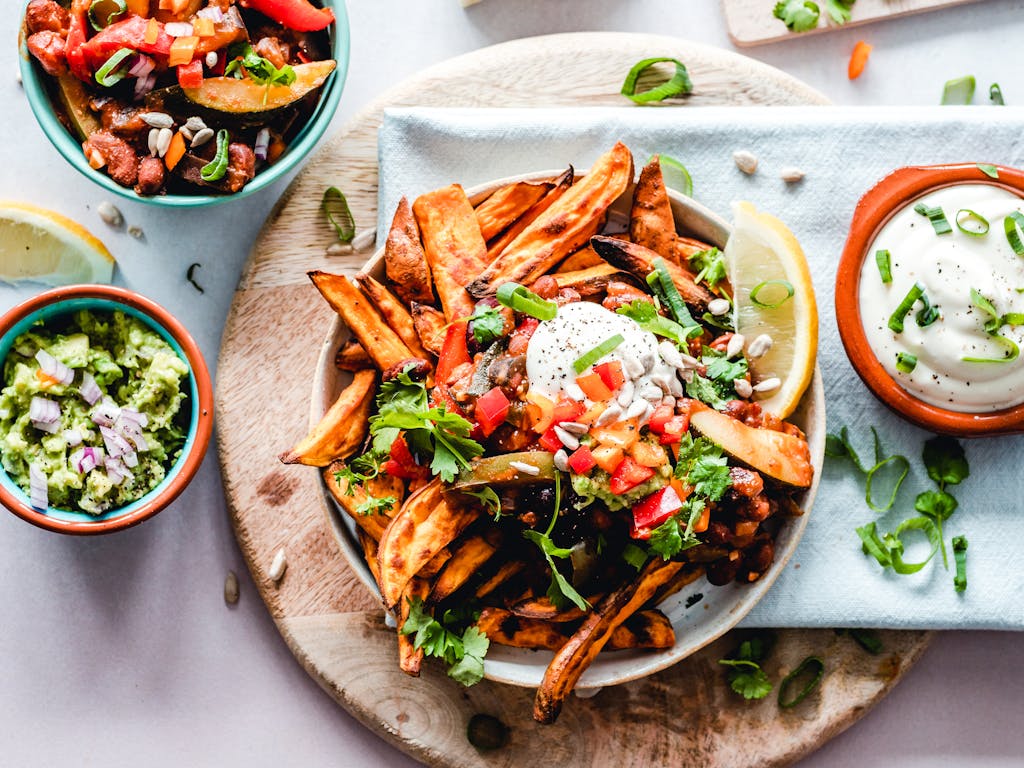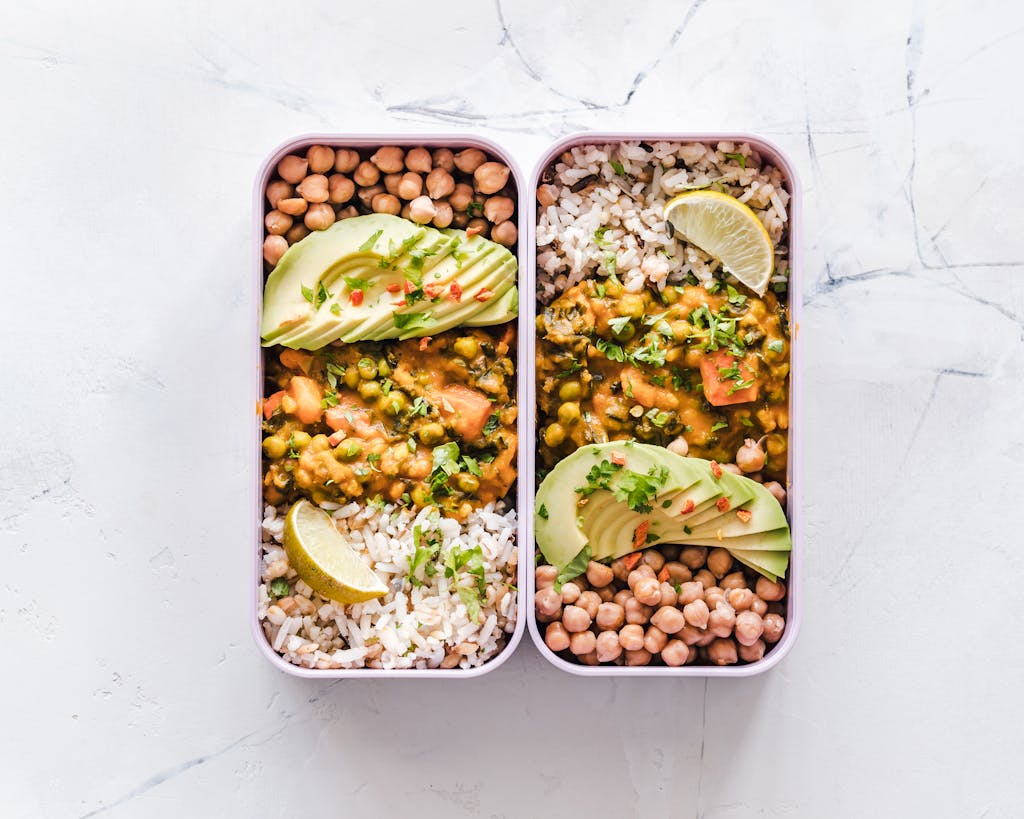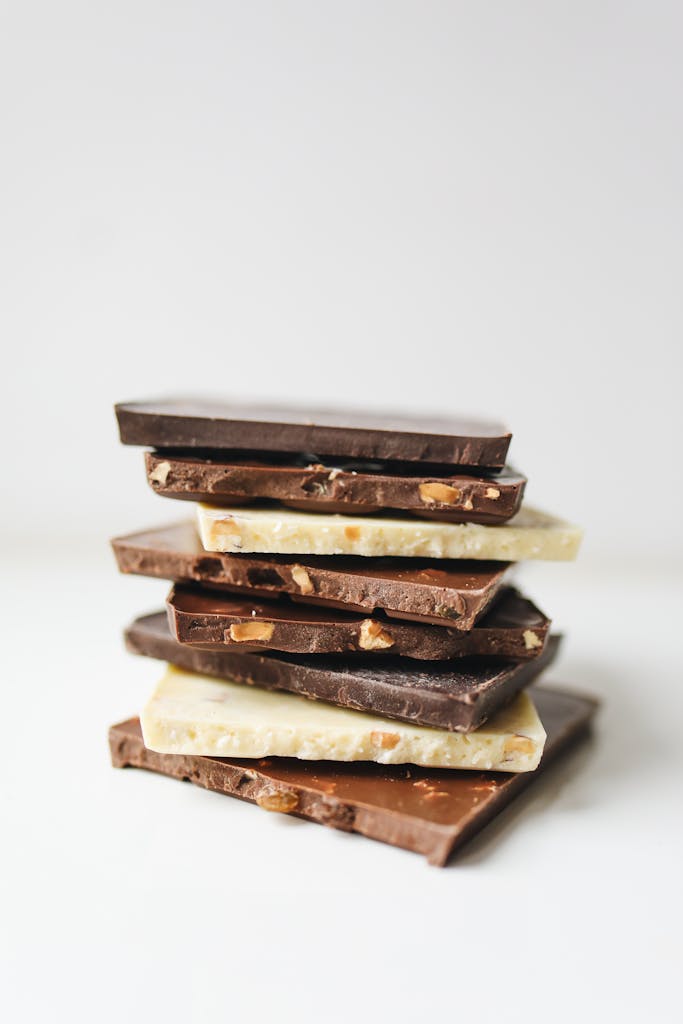
The Raw Truth: Is Chocolate Vegan?
The answer: It depends. While there are lots of vegan chocolate options on the market, most chocolate products contain some animal byproducts. Be sure to check the label before you indulge.
If you’re thinking about going vegan and have a sweet tooth, you’re probably wondering whether chocolate will fit into your plant-based lifestyle. You’re not alone. In this guide, we’ll delve into the world of chocolate. From exploring its history and learning how modern chocolate is made, to sharing delicious vegan-friendly options, we’re uncovering it all.
Can Vegans Eat Chocolate?
Yes, we can enjoy chocolate, but not all chocolate is vegan-friendly. Whether a chocolate is suitable for vegans is based on its ingredients and how it’s produced.
By understanding the common ingredients in chocolate and how it’s made, we can find ways to satisfy our chocolate cravings without compromising our ethics.
A Brief History of Chocolate
Chocolate has a rich history that dates back thousands of years. The indigenous people of Mesoamerica, including the Aztecs and Mayans, were among the first to cultivate cacao and consume chocolate.
Many of these communities considered cacao sacred, and called it “the food of the gods.” Chocolate was revered for its medicinal and ceremonial purposes before being introduced to Europe by Spanish explorers in the 16th century.
Over time, chocolate evolved into the beloved treat enjoyed worldwide.
How Chocolate is Made
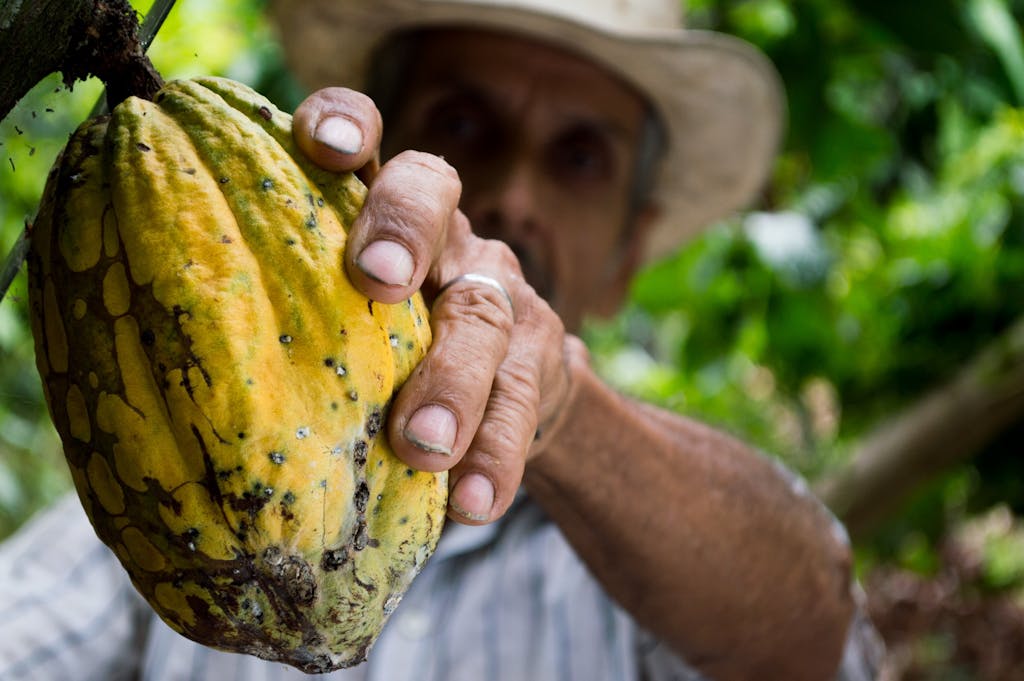
The chocolate making process begins with cacao beans, which are harvested from cacao trees and fermented to develop their flavor. The beans are then dried, roasted, and cracked to remove their shells, revealing the cacao nibs inside.
The nibs are ground into a paste called chocolate liquor, which contains cocoa solids and cocoa butter. Depending on the type of chocolate being made, additional ingredients such as sugar, milk (in the case of milk chocolate), and flavorings are added to the chocolate liquor before it’s conched, tempered, and molded into its final form.
Article continues below the video
Non-Vegan Ingredients Found in Chocolate
Some common non-vegan ingredients found in chocolate include:
- Milk: Milk chocolate contains milk powder or milk solids, which makes it unsuitable for vegans.
- Whey: Whey, a protein derived from milk, is sometimes used in chocolate as a flavoring or texture enhancer.
- Casein: Another milk-derived protein, casein may be used as a binder or emulsifier in chocolate production.
- Confectioner’s Glaze: Also known as shellac, confectioner’s glaze is a coating sometimes applied to chocolate to give it a glossy finish. It’s derived from insect secretions, making it non-vegan.
How to Find Vegan Chocolate
To find vegan-friendly chocolate, it’s important to read ingredient labels carefully and look for products that explicitly state they are vegan or dairy-free.
Dark chocolate with a high cocoa content (typically 70% or higher) is more likely to be vegan, as it contains fewer added ingredients. That’s not always true, however, so be sure to check those labels, too.
Some brands specialize in producing vegan chocolate and clearly label their products as such, making them easy to identify for vegan consumers.
Brands with Vegan Chocolate Options to Try
- Endangered Species Chocolate
- Alter Eco
- Hu Kitchen
- Enjoy Life Foods
- Theo Chocolate
Quick & Easy Recipe: Vegan Chocolate Avocado Mousse
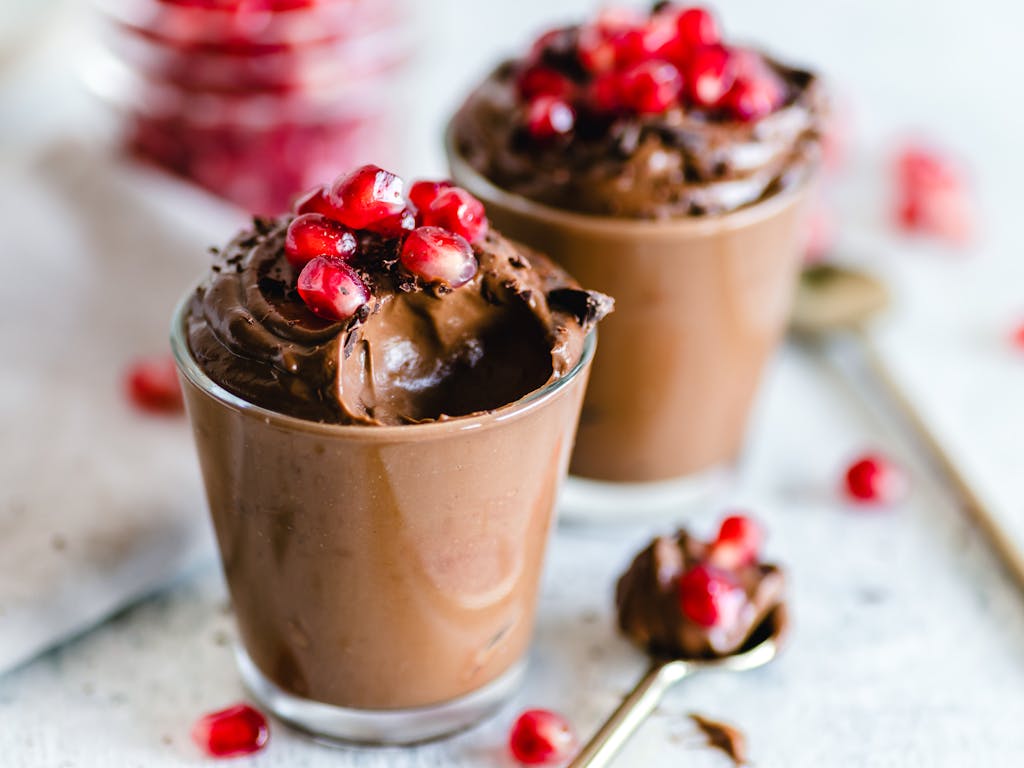
If you’re craving a vegan chocolate treat and can’t find anything, try making your own. This delicious vegan chocolate mousse is sure to satisfy any sweet tooth, and it’s full of nutrients from the main ingredient – avocado!
Ingredients
- 2 ripe avocados
- 1/4 cup cocoa powder
- 1/4 cup maple syrup or agave nectar
- 1 tsp vanilla extract
- 1/2 cup non-dairy milk
- Pinch of salt
Instructions
- Scoop the avocados into your blender or food processor.
- Add the cocoa powder, sweetener, vanilla extract, and salt.
- Add a splash of non-dairy milk to make blending easier. Only add more if needed.
- Blend until smooth and creamy, scraping down the sides as needed.
- Transfer the mousse to serving dishes and chill in the refrigerator for at least 30 minutes before serving.
- Garnish with fresh berries, coconut whipped cream, or chopped nuts, if desired. Enjoy!
The Wrap Up
Yes, some chocolate is vegan, so we can indulge in sweet treats. By carefully reading labels and making our own satisfying desserts, vegans can enjoy chocolate without compromising our ethics. With the abundance of vegan chocolate options available, satisfying cravings has never been easier.
FAQs: Can Vegans Eat Chocolate?
- Is dark chocolate vegan?
Dark chocolate with a high cocoa content is often vegan, but it’s important to check the ingredient list just to be sure. Look for any added dairy (casein, whey, milk solids, etc.) or animal-derived ingredients. - Can vegans eat milk chocolate?
No, milk chocolate contains milk powder or milk solids, making it unsuitable for vegans. - Are there vegan alternatives to traditional chocolate?
Yes, many vegan chocolate brands produce dairy-free candy bars, chocolate chips, and other chocolate products specifically for vegan consumers.
